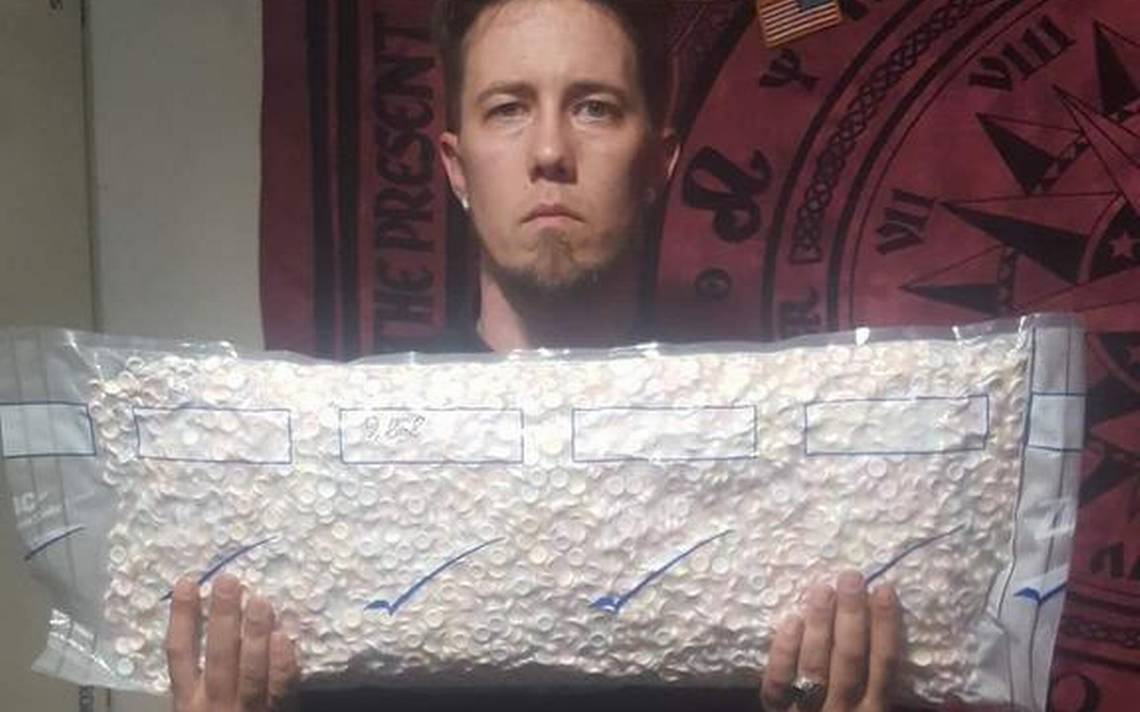By Joshua Lee with Rory E. Riley-Topping
War. War never changes. Since the dawn of time, war has caused death, destruction, and hardships for those who are lucky enough to survive it. Unfortunately, war never changes, but fortunately, people do. One need not look further than the recent headlines about former Speaker John Boehner’s statement that his “thinking on cannabis has evolved” to see how important such change can be, especially for our nation’s veterans.
As a retired Sergeant in the Missouri National Guard, I am here to tell you a story of change.
In March of 2017, my wife and I celebrated our 15 year anniversary in Colorado, five years after I returned from Afghanistan a broken shell of a man. In those five years, we hadn’t been out on a date that hadn’t ended in disaster, I had been an emotionally abusive monster both to her and our two beautiful sons, I had crushed the spirits and dreams of those whom I should cherish and support the most. I was a rage-filled zombie, prescribed twenty-seven pills a day by the VA to control the symptoms of PTSD, fibromyalgia, and arthritis, barely able to function in the outside world, fully aware of the misery and despair I brought to everyone I loved.
I was lost. I had no hope.
I was 33 years old, staring down the barrel of a pill bottle and contemplating ways to permanently stop hurting those around me, when my wife suggested we try combining Colorado and cannabis.
At first, I, like many others was skeptical. I grew up during a time when cannabis was associated with the hippies of the 60’s and 70’s. When it was associated with being lazy, shiftless and unmotivated. These associations were a far cry from what I aspired to be as a soldier, a veteran, husband, and father. But, I was already an overmedicated version of those things and in a moment of desperation, I decided it was time to change.
Using medical cannabis saved my marriage, my relationship with our two sons, and my life. Canadian studies on veterans show a 63% reduction in anger and irritability, a 77% reduction in suicidal ideation, and a composite 59% reduction in symptoms associated with PTSD. As an American veteran, I can testify as to the truth of these numbers personally.
As a result, my wife and I founded Veteran’s Alliance for Compassionate Access, a Missouri 501(c)4 dedicated to social and political reform by empowering veterans to find their voice. Veterans and their voices have power to affect real change in our political atmosphere, and nowhere do we see that more clearly this week than in the sudden announcement by former Speaker of the House John Boehner that he was joining the board of advisors for Acreage Holdings, a company that grows and sells cannabis legally in eleven states.
From one of the most hawkish anti-cannabis crusaders on Capitol Hill to joining an advisory board for a cannabis corporation, Speaker Boehner has completed his transformation at a pivotal time for the cannabis industry and our nation as a whole. Today, veterans support cannabis legalization at rates over 85% nationally; when faced with a lifetime of pills, pain, and PTSD as an alternative, is it any wonder we fight so passionately for change? Speaker Boehner credits veterans as being part of the reason he changed his stance on cannabis after seeing its medical efficacy first hand. Speaker Boehner should be applauded for this statement because it takes true courage to admit you’ve been championing the wrong stance for literal decades.
Although Boehner’s change of heart is important, it would be more so if he could persuade his colleagues who are still on Capitol Hill to do the same. Currently, the VA continues to misstate federal law by telling veterans that it cannot prescribe medical cannabis. To the contrary, in 2003, the Supreme Court held that it was within a physician’s First Amendment right to recommend obtaining medical cannabis as a treatment option in states where it is legal, as long as the doctor did not provide it directly. Thus, the only thing standing in VA’s way is its own internal policies.
Like the VA, Congress has struggled with the appropriate role of medical cannabis due to the outdated stereotypes referenced above. Although both the Chairman and Ranking Member of the House Veterans’ Affairs Committee, Phil Roe (R-Tenn.) and Tim Walz (D-Minn.), respectively, along with several colleagues submitted a letter and made statements to the VA earlier this year requesting that it study medical cannabis, to date, no action is pending before the Committee to advance legislation forcing the VA’s hand on the issue.
At Veterans Alliance for Compassionate Access, we encourage lawmakers and elected officials at all levels of government to join Speaker Boehner in calling for cannabis reform; states with strong, easy-to-access medical cannabis programs see significant savings in Medicare and Medicare Part D prescriptions, alcohol binge drinking decreases by 13%, opiate overdoses decrease 25%, and veteran suicides are even reduced.
War never changes, but we can.
Joshua Lee is a retired Army Sergeant, and the founder of Veterans Alliance for Compassionate Access, a 501(c)(4) in Missouri. Rory E. Riley-Topping is a veterans advocate and former Staff Director and Counsel for the House Committee on Veterans’ Affairs in Washington, DC.


